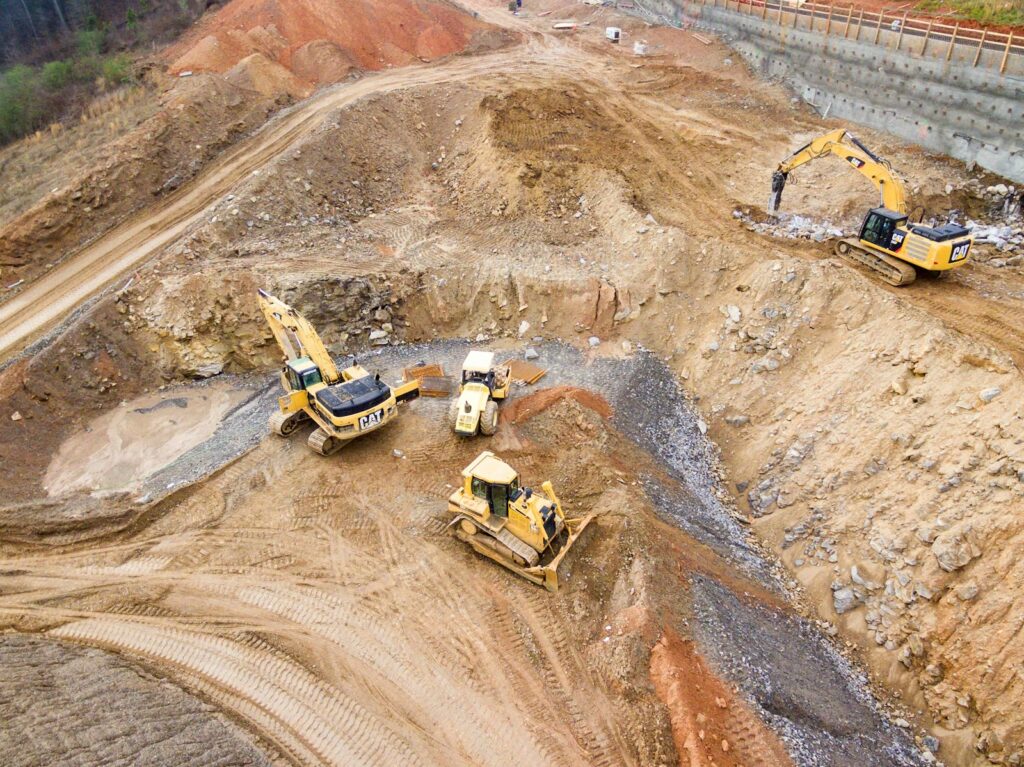India, China and the US are the biggest climate-crisis sceptics despite being three of the world’s biggest producers of emissions, according to a new survey conducted across 142 countries.
Climate change is widely understood as offering an existential threat to life on earth, however, a new survey conducted by global charity Lloyd’s Register Foundation reveals worrying levels of scepticism.
The survey which involved over 150,000 people from 142 different countries revealed that only 41% of people see climate change as ‘a very serious threat to their country,’ with 28% ‘somewhat concerned’ and 13% believing it is ‘no threat at all.’
The researchers found that the highest levels of scepticism occur in the world’s biggest producers of emissions, with 21% of those living in the US listing it as ‘no threat at all,’ alongside 19% in India and 30% in China.
In comparison, people in Southern Europe and Latin America are the most likely to see climate change as a serious threat.
The researchers found that education played a large role in shaping attitudes towards the climate change, people with 16 or more years of education were more likely than those with 8 years of education to say climate change is a ‘very serious’ threat.
The researchers behind this survey have said they hope the findings will aid understanding of how people across the world think and feel about the climate crisis, they have said that this insight will be vital for those involved in communicating risks and aiming to change public behaviours.
Professor Richard Clegg, chief executive of Lloyd’s Register Foundation said: ‘The Lloyd’s Register Foundation World Risk Poll represents the views of 98% of the world’s population on safety and risk, including many people whose voices have never been heard before.
‘Knowing what people think will help us to identify gaps between peoples’ thoughts about risk and their experiences of threats to their safety. We can use this data to work with communities and empower people to take action most likely to reduce harm – that saves lives and helps them feel safe.’
Photo Credit – Pixabay

















Climate Change as ‘Settled Science’ is the biggest fraud ever perpetrated on Mankind. AGW It is NOT settled, as close to 900 prominent Climate/ Weather experts in their field are noted to have vociferously disagreed with it.
Nevertheless Climate Change is today’s religion persistently perpetrated by a very clever and determined woke elite organisation whose tentacles have penetrated every one of our media, local and national governmental institutions.
Permitting no expression of dissenting views whatsoever, and jealously seeking to control all aspects of our lives, is the very reason I so strongly suspect the very motive driving this evolving disgusting deception.
Whether or not climate change will come to pose any threat to the planet, the UK’s greenhouse gases emissions are negligible at <<81% of the global total.
Therefore we need not attempt to influence the climate, damaging ourselves for no possible benefit to anyone.
There is, moreover, no proof at all that decarbonisation has any effect on climate, locally or globally.
The US, Chinese and Indian policies make total good sense whilst for the rest, it is own goals galore.
"Whom the Gods will destroy, they first make mad"
TYPO in my comment:<1% of global greenhouse gas emissisions are put out from UK and NOT as stated
Indoctrination in schools makes better climate warriors? If pupils were trained to think for themselves and do their own research, they would swiftly find that the man-made climate change Emperor has no clothes. There is no evidence from measurements, data and records that show the climate is doing any more than gradually changing similarly to it did during the Roman and medieval warm periods. It is quite probable that human activity is having some effect on the climate, but there are far more issues in the world that need adressing than futile and expensive attempts to change the climate.